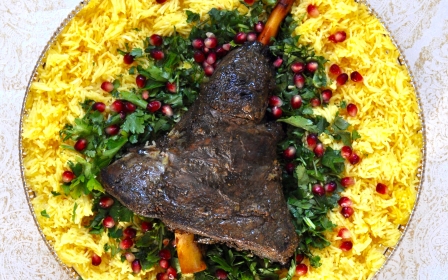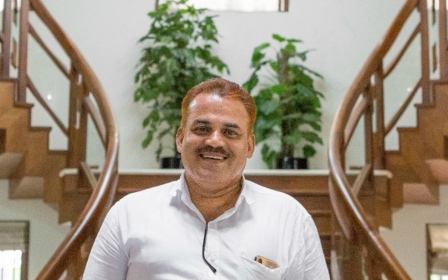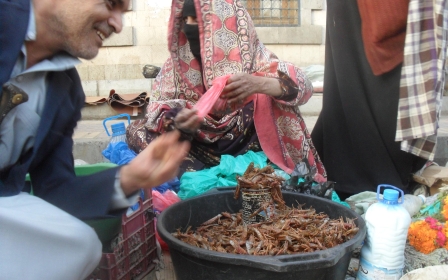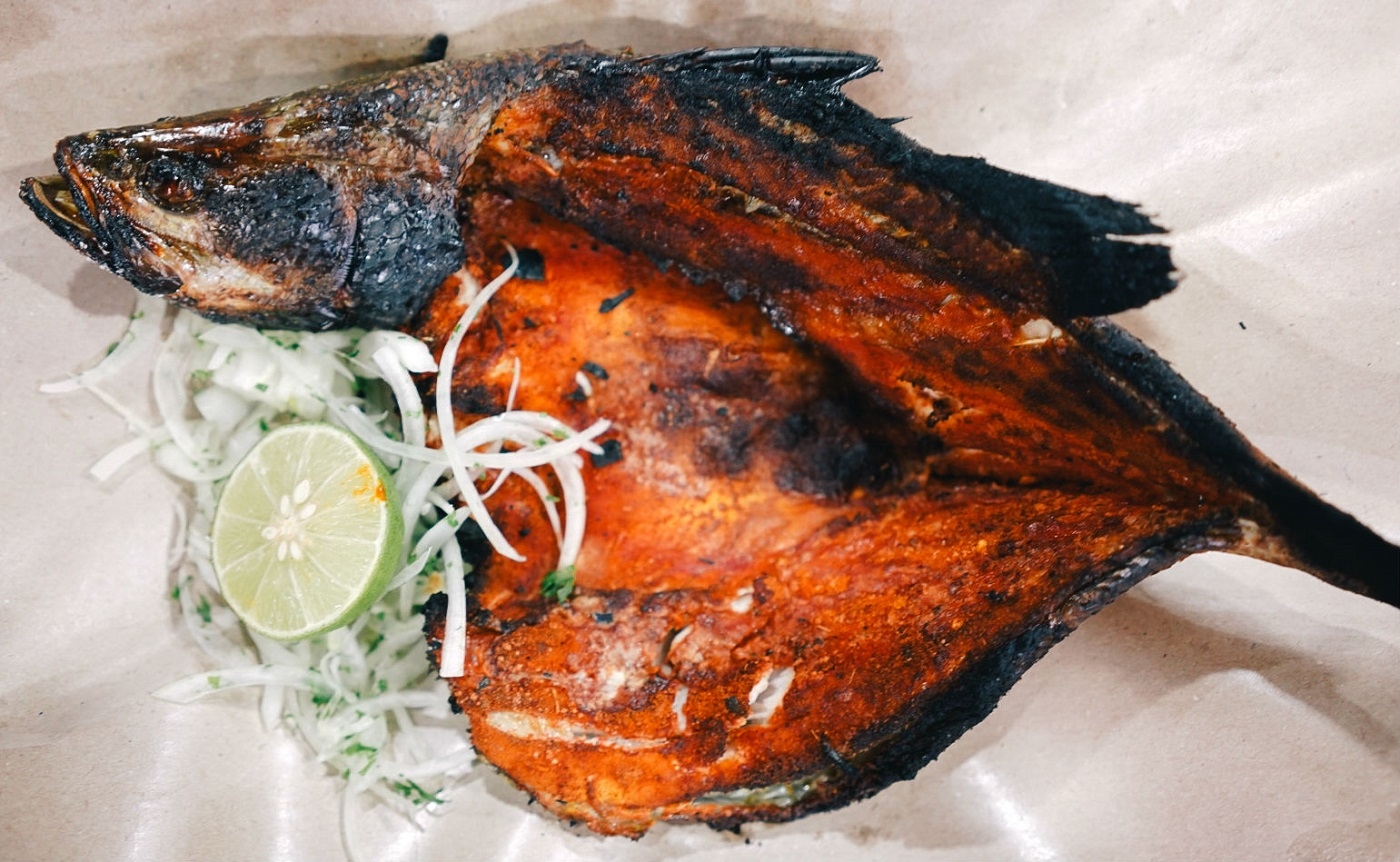
In pictures: The Yemeni cafes of Kuala Lumpur
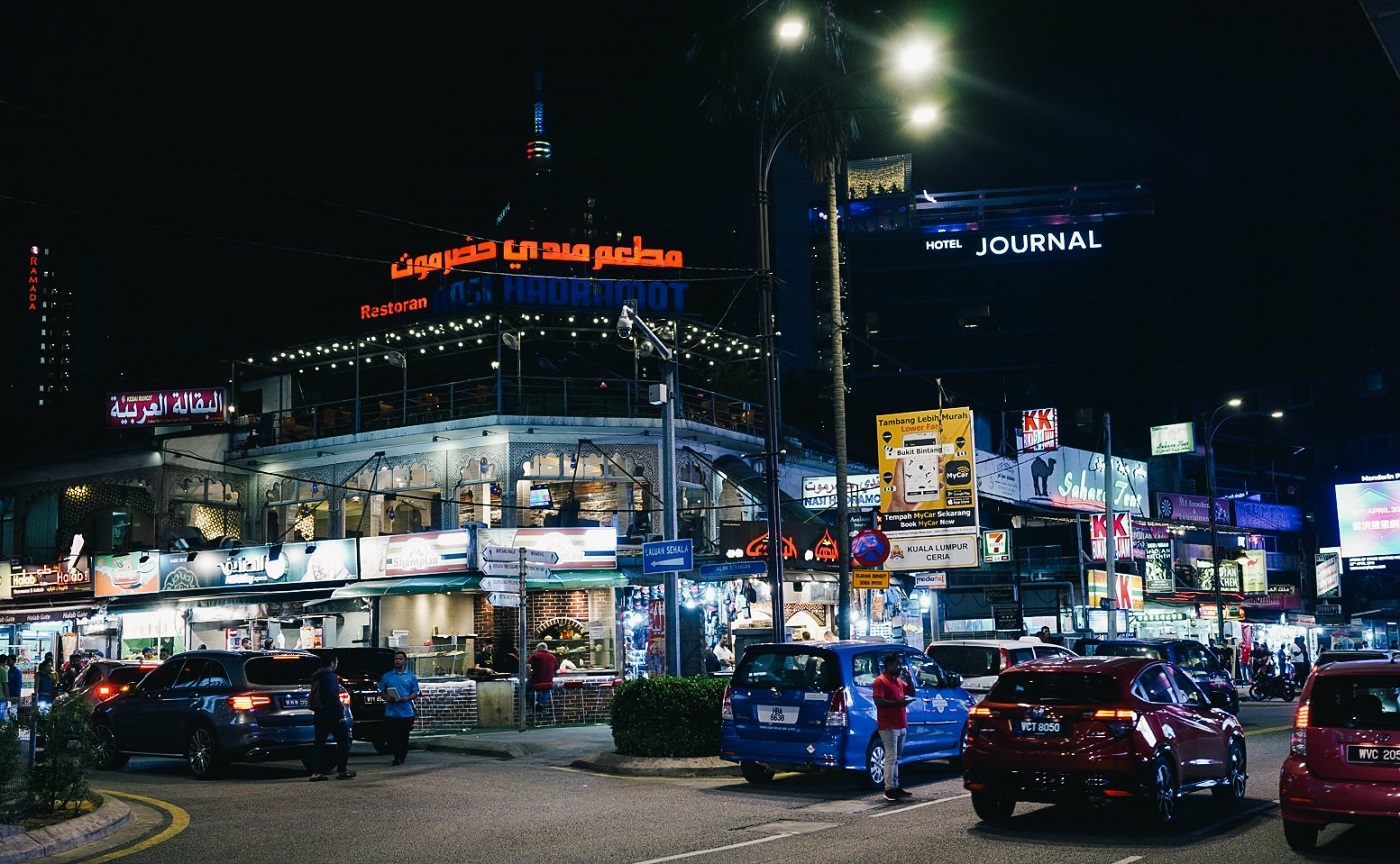
Yemeni restaurants have cropped up across Kuala Lumpur, the capital of Malaysia, since the start of the conflict in Yemen in 2015. They are most prevalent in areas popular with refugees as well as the city centre, where they serve both locals and Arab tourists from the Gulf looking for a taste of something familiar (MEE/Kaamil Ahmed).
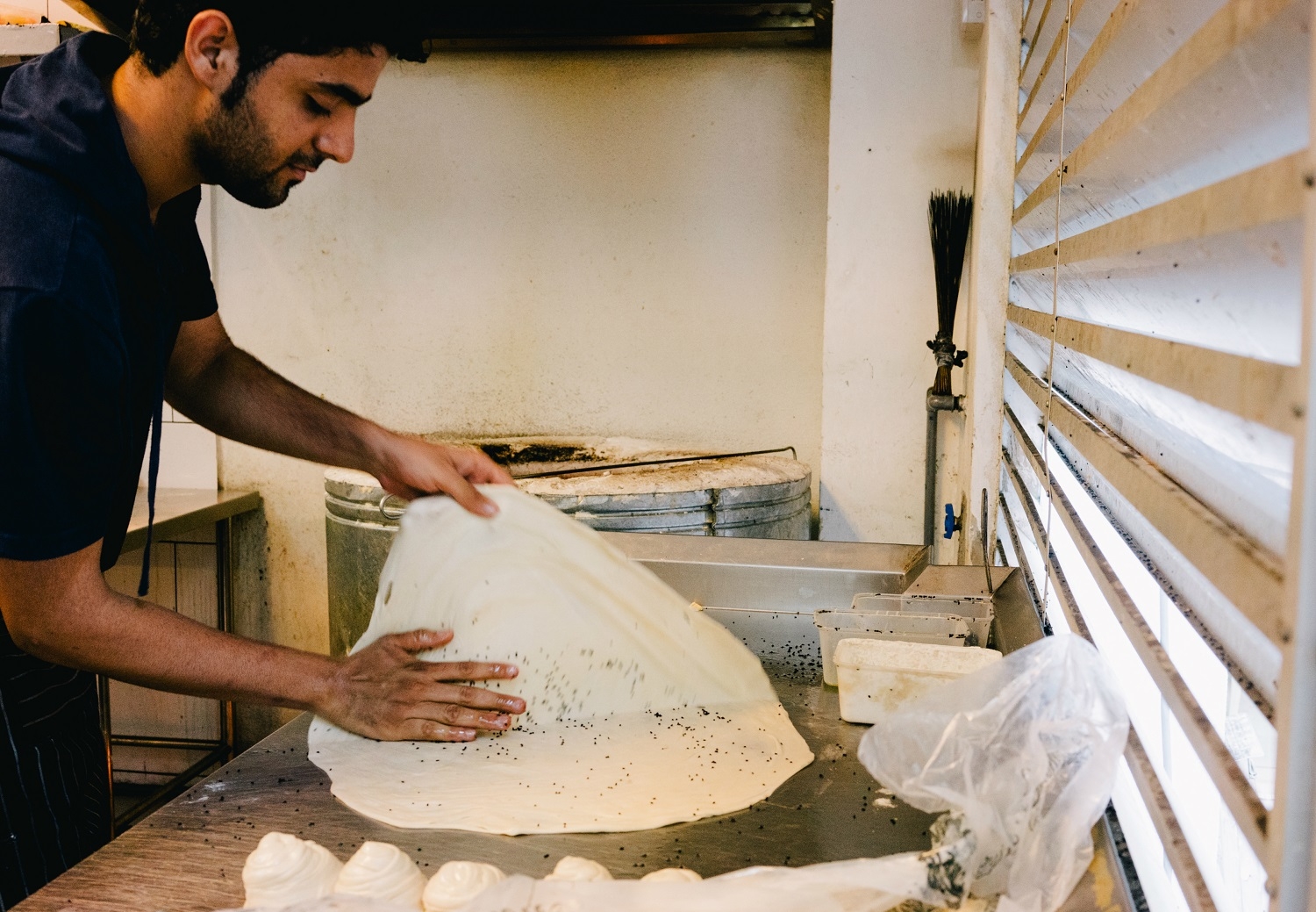
Yemeni refugees are not legally allowed to work in Malaysia. One of the few places where they can earn money with some freedom is inside Yemeni restaurants, be it as waiters, cooks or kitchen hands. Some specialise in bread making (MEE/Kaamil Ahmed).
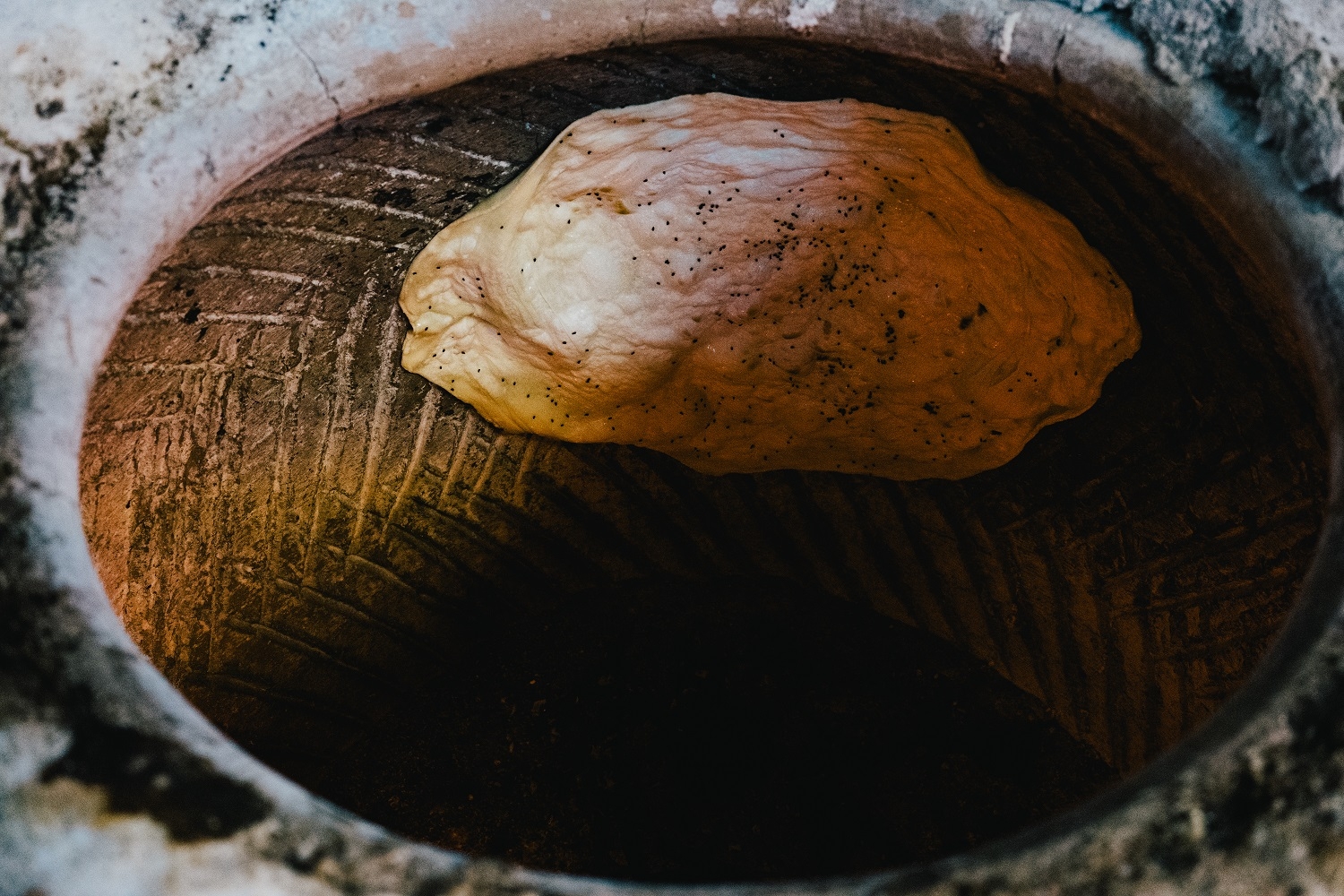
Yemeni restaurants in Malaysia are renowned for serving traditional fresh, flaky bread. The buttery dough is hand-rolled and sprinkled with black nigella seeds, then slapped against the walls of a fiery-hot tandoor oven (MEE/Kaamil Ahmed).
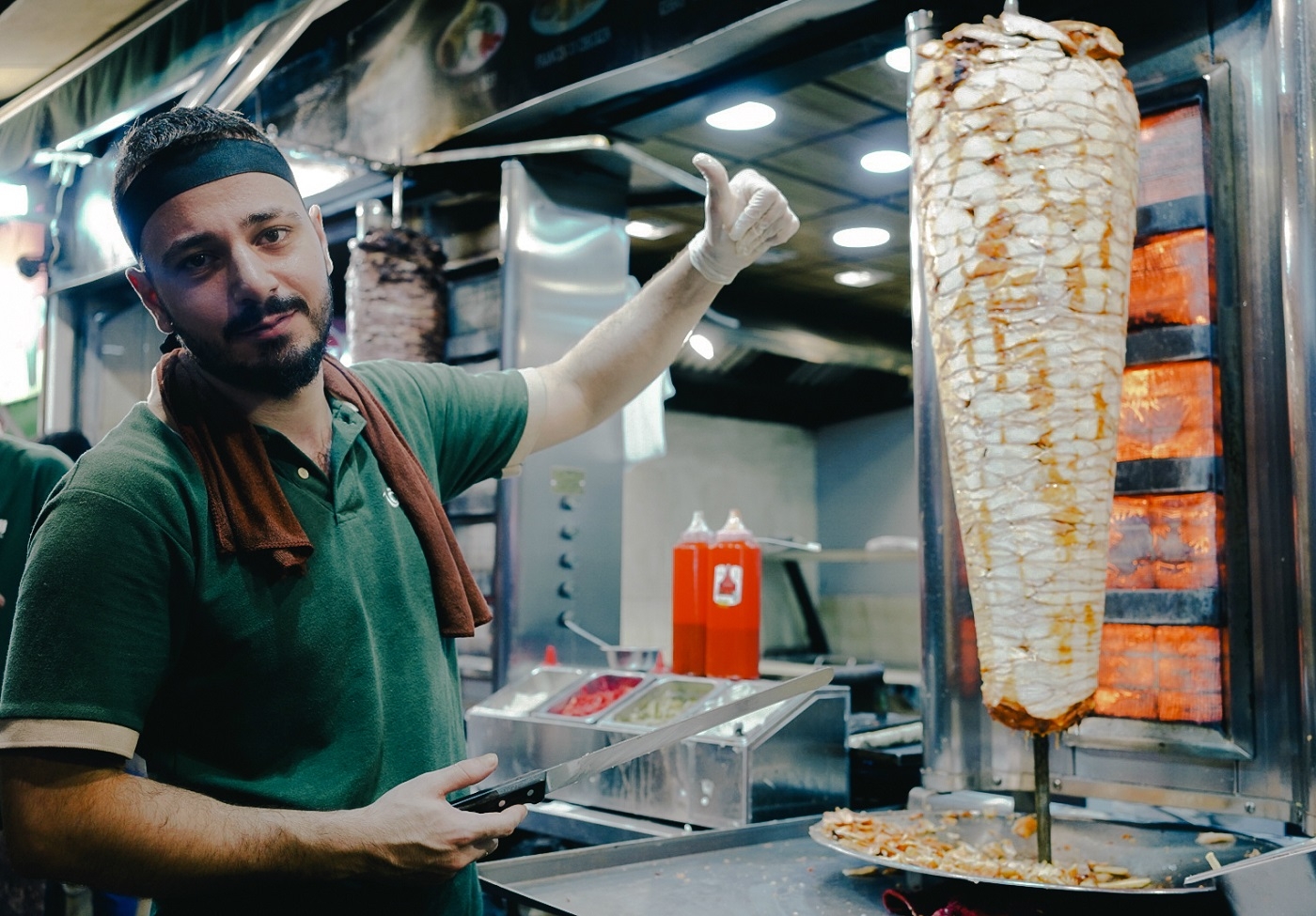
Cafes selling shawarma - a relative of the doner kebab - have also mushroomed, usually run by Syrians who have fled the conflict in their country. Syrian eateries are often near Yemeni restaurants, which sell heartier meals (MEE/Kaamil Ahmed).
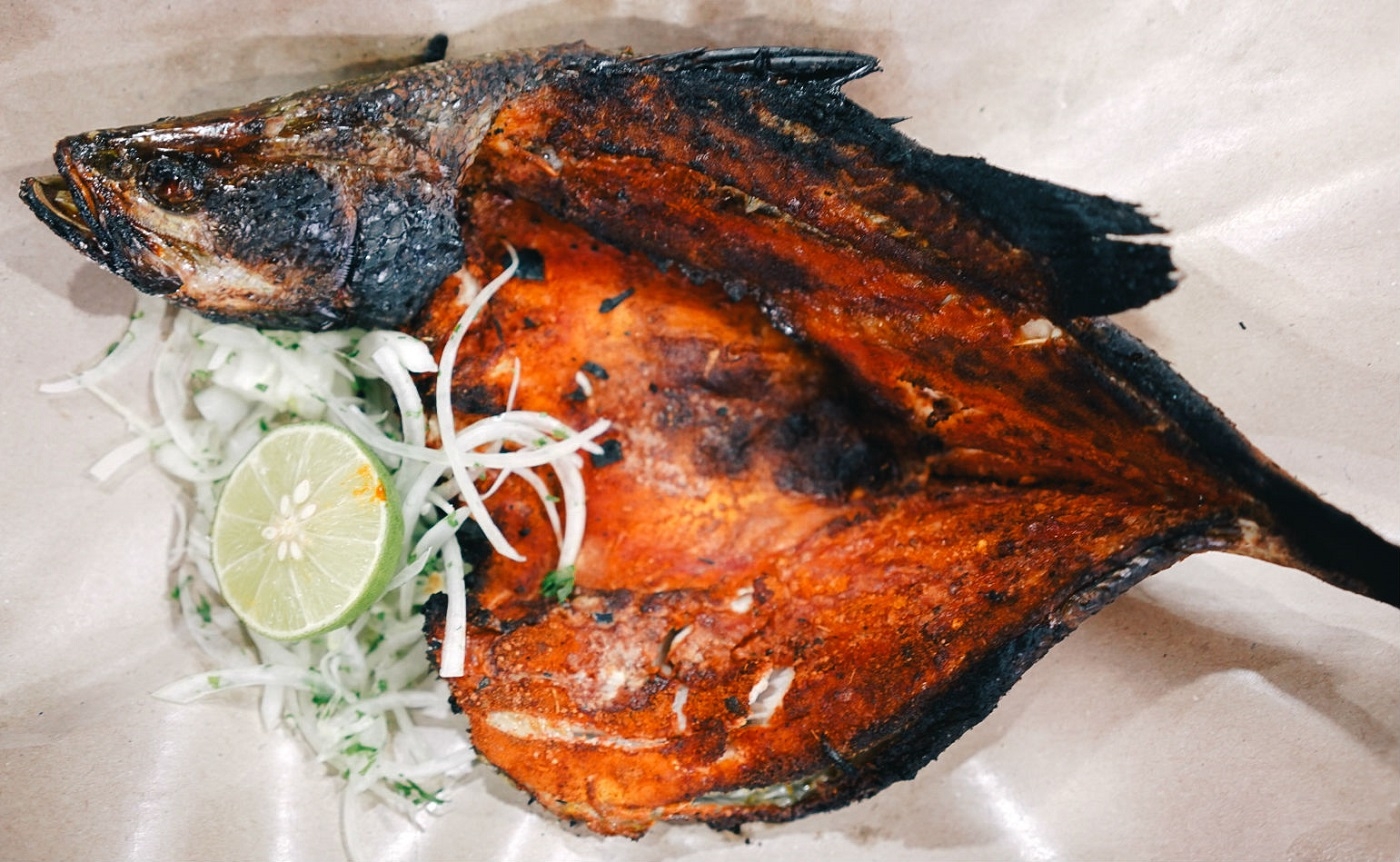
More upscale Yemeni restaurants in central Kuala Lumpur sell internationally known dishes like mandi, a Gulf delicacy consisting of meat, rice and spices. The more informal - and often busier - food stops in refugee neighbourhoods tend to get more orders for baked fish served with traditional Yemeni bread (MEE/Kaamil Ahmed).
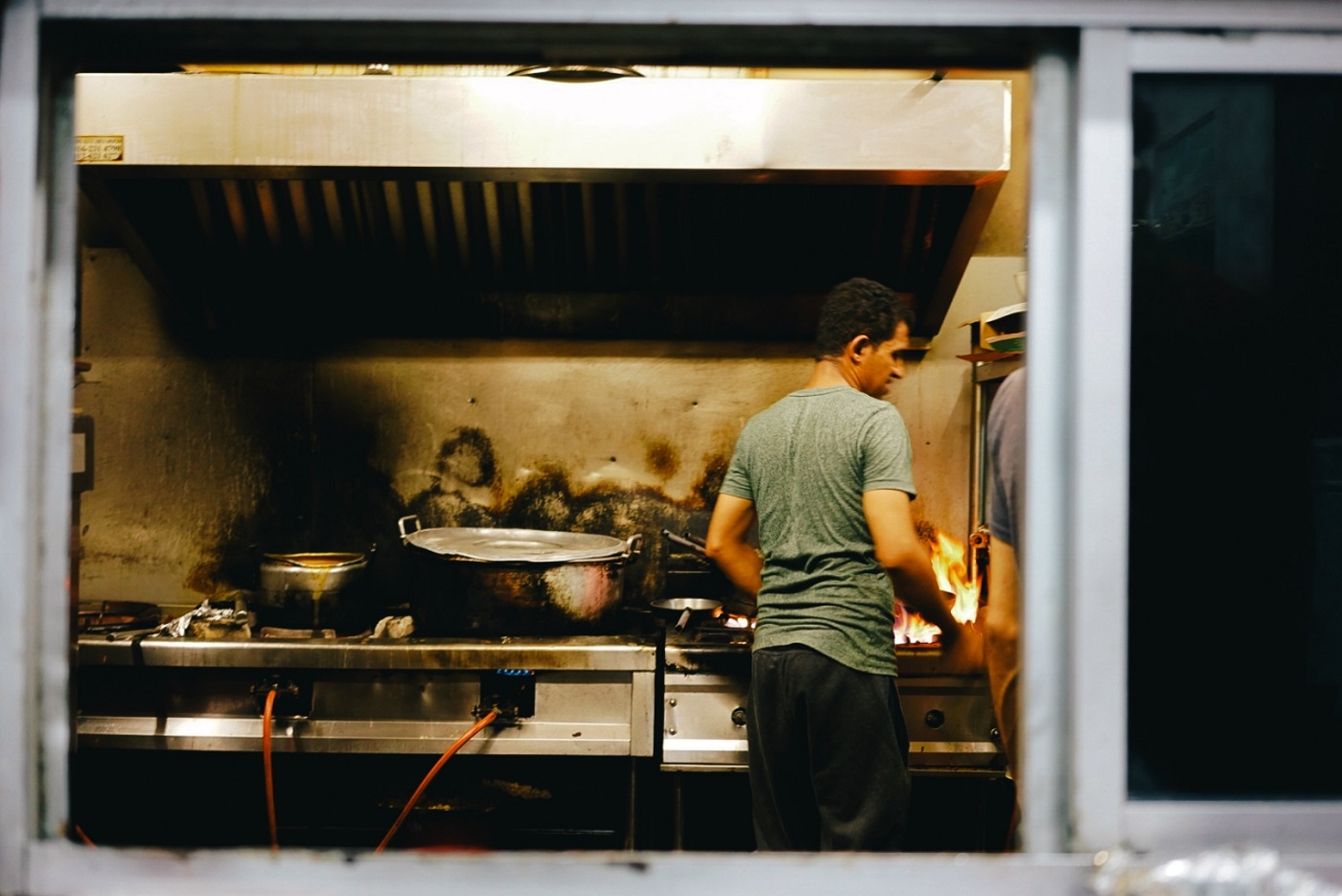
Even inside restaurants, Yemeni refugees can be subject to immigration raids - although they can sometimes avoid being sent to Malaysian detention centres by paying bribes (MEE/Kaamil Ahmed).
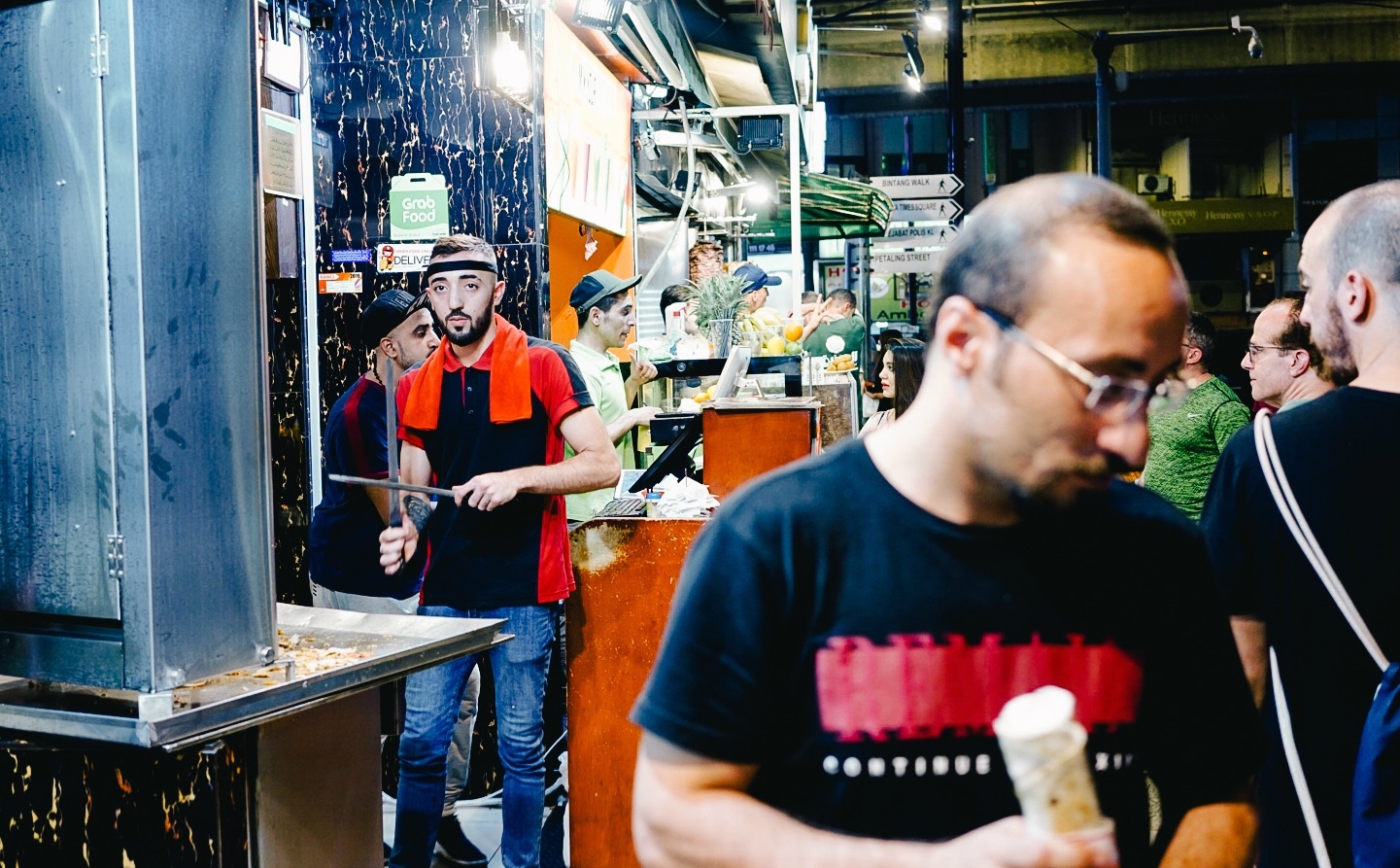
Yemeni restaurants come into their own at night: it's then that neighbourhoods - such as this one south of Kuala Lumpur - explode with life, as Malaysians and Yemeni refugees fill the streets, smoking shisha and playing cards (MEE/Kaamil Ahmed).
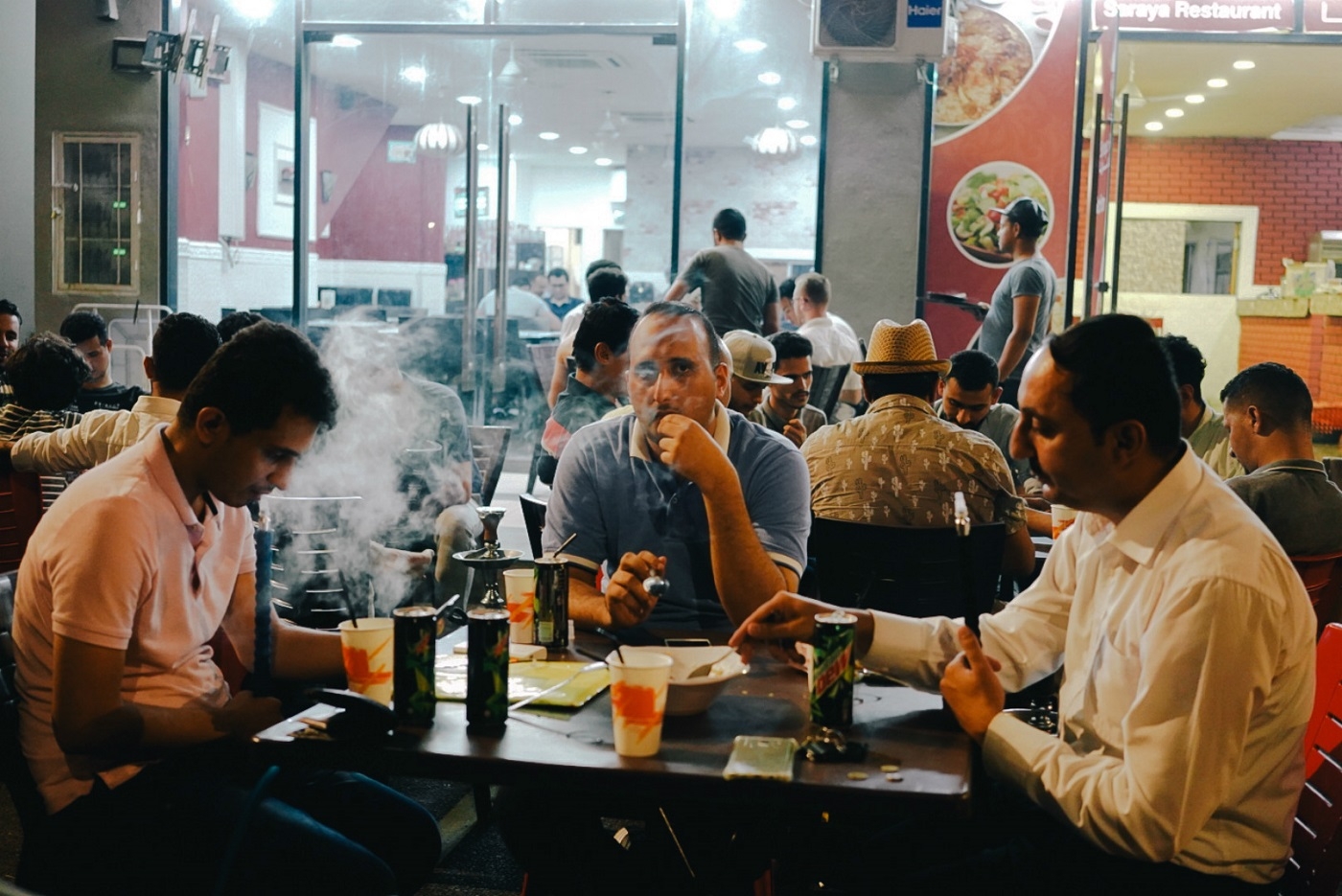
Yemeni restaurants also exist as informal advice centres, where refugees can discuss shared problems such as how to deal with authorities, find work, or gain recognition from the UNHCR, the UN’s refugee agency (MEE/Kaamil Ahmed).
Middle East Eye delivers independent and unrivalled coverage and analysis of the Middle East, North Africa and beyond. To learn more about republishing this content and the associated fees, please fill out this form. More about MEE can be found here.


